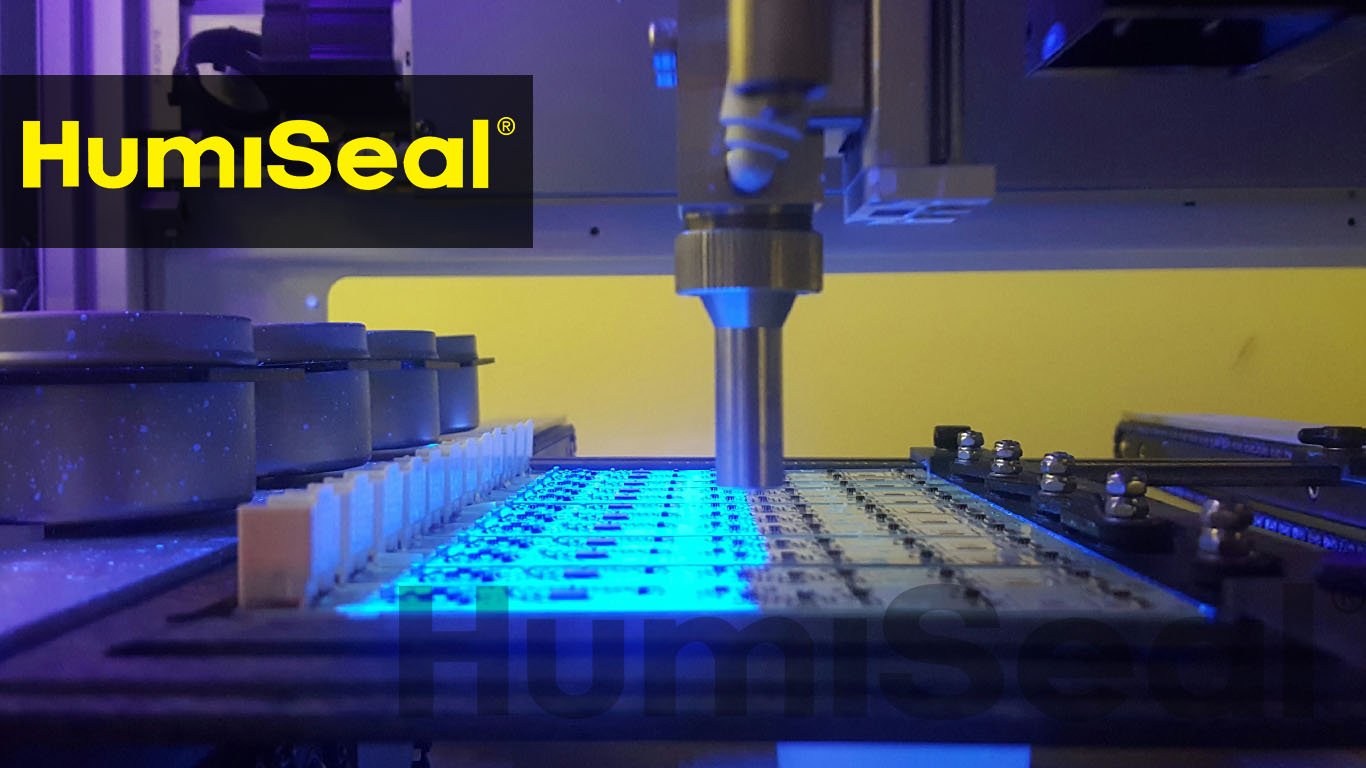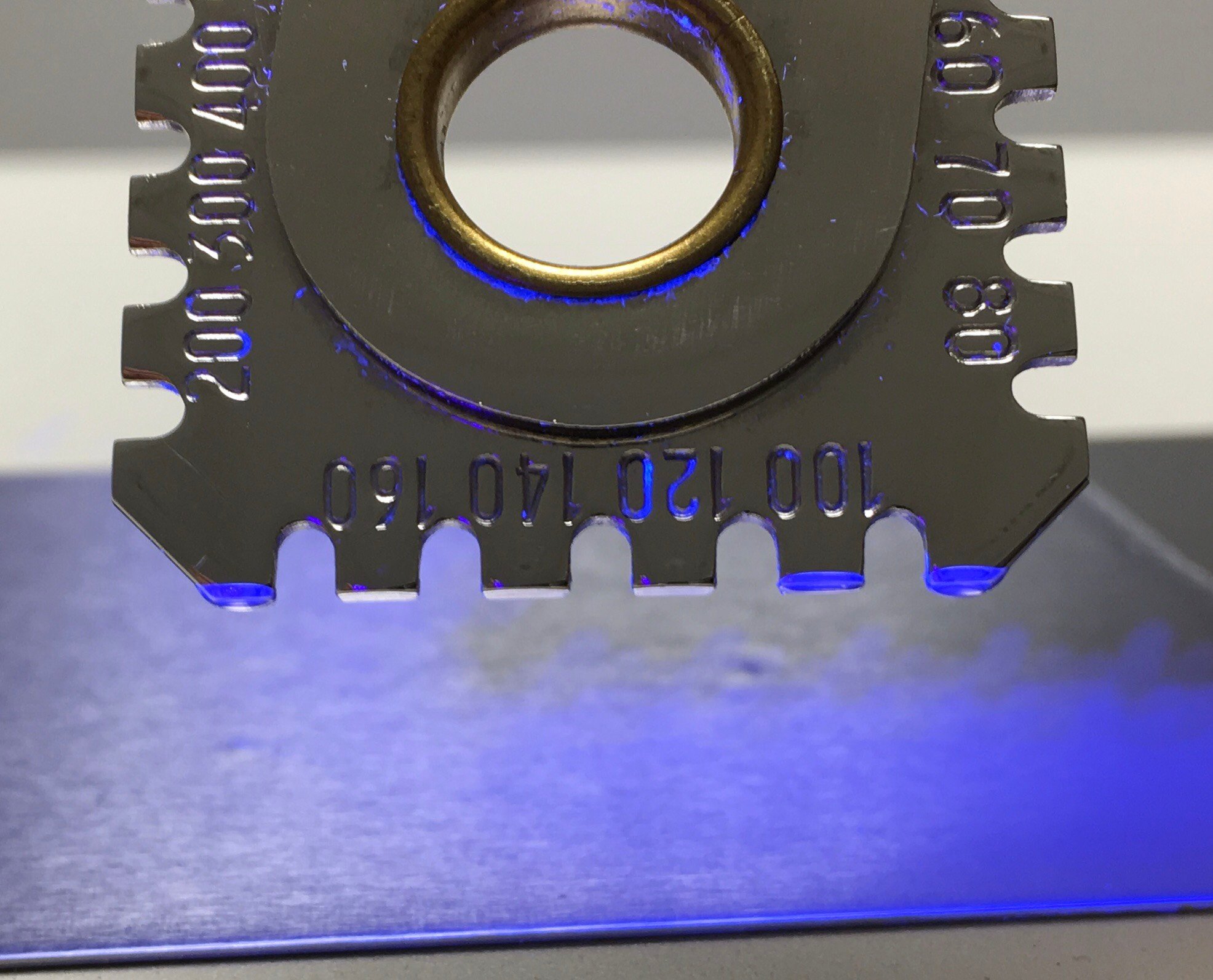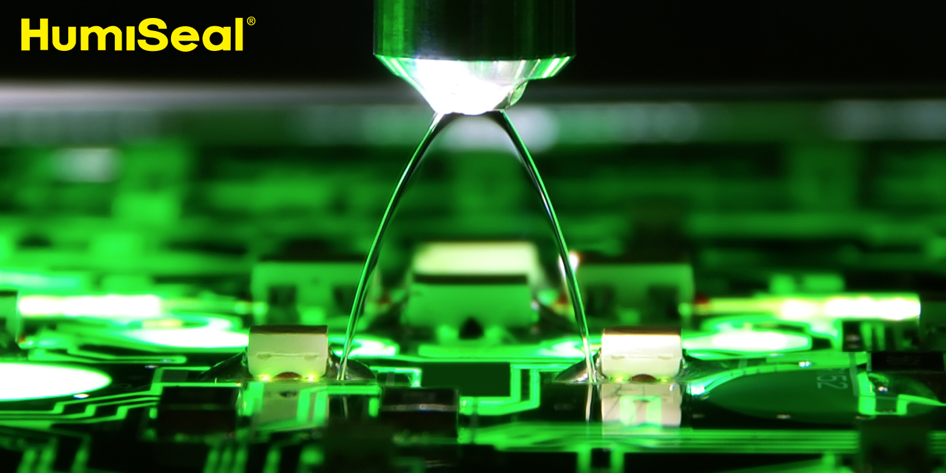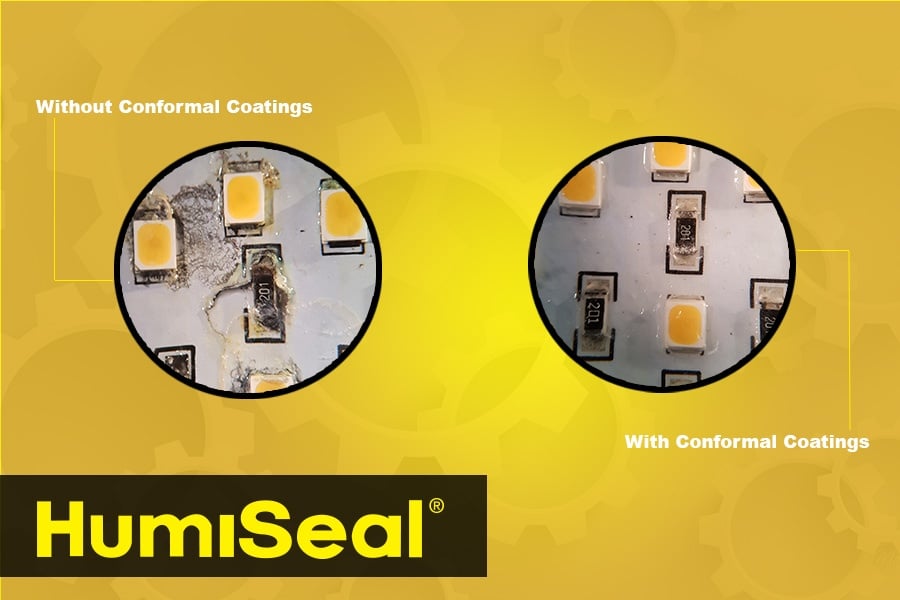IPC CC-830 revision B is a conformal coating qualification standard mostly used by board fabricators, OEM design engineers, and coatings suppliers.
There are two fundamental uses of this IPC standard:
- Coatings’ performance capabilities
- Quality consistency
In this blog, we will go over some of the specifications along with tests requirements, passing criteria, and quality characteristics.







